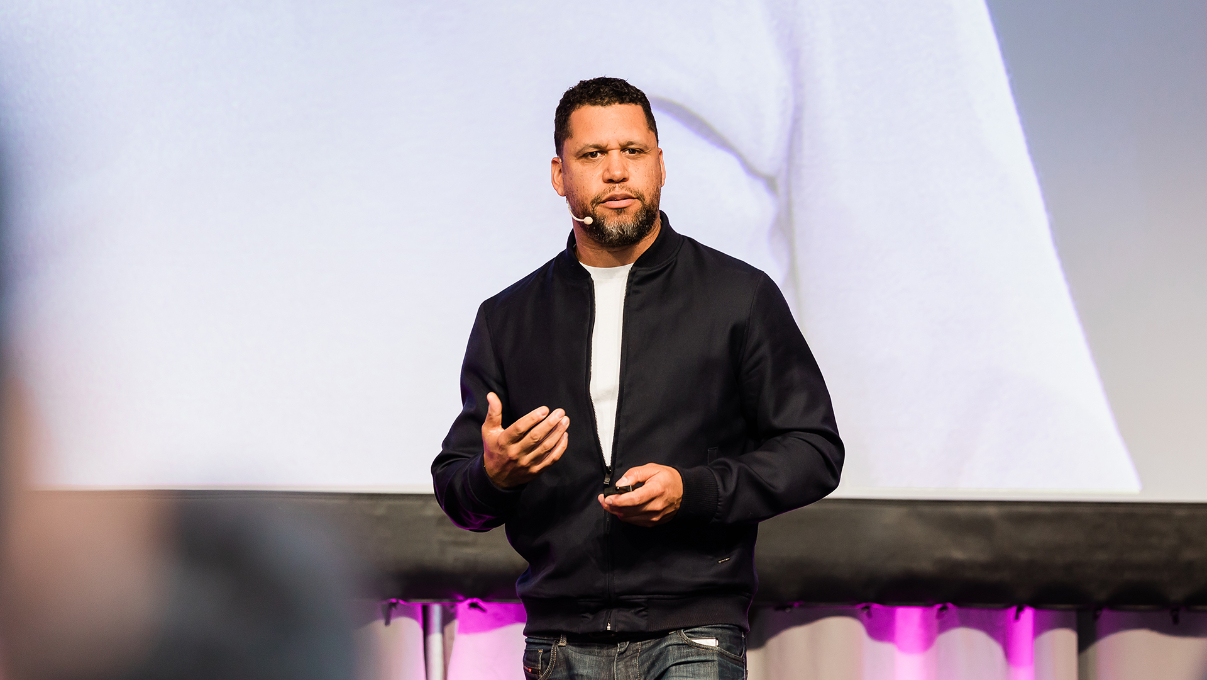Talsom’s Approach to AI Integration
In the ever-evolving landscape of profound transformation, the incorporation of artificial intelligence (AI) in the business realm sparks numerous inquiries. For certain industry players, this implementation signifies a new phase in an already well-commenced digital transformation. Amidst this wave, Talsom, a leading consulting group, distinguishes itself as a trailblazer. Its accompanying methodology facilitates a sustainable and effective change management.[Best_Wordpress_Gallery id=”2″ gal_title=”Team 1″]
As per data published by Moore Global, analyzing practices across 12 major economic sectors, 96% of business leaders anticipate a significant role for AI in their operations. These statistics, compiled by the Center for Economics and Business Research (CEBR), also underscore that 56% of business executives consider AI advantageous for their operations.
The observation is clear: a shift towards digital technology is underway, accentuating a broader phenomenon of digital transition. Since 2022, Talsom has actively immersed itself in understanding the latest AI trends. Through conferences, informational initiatives, and the creation of a dedicated podcast, the company delves into the nuances of this ever-evolving technology. Recognizing the specificity of each case, Talsom commits to imparting its expertise empathetically to assist other businesses in their transformation.
Digital transition: a continuous evolution
According to Talsom, AI is part of a broader reflection on change management. Tasks constantly evolve, prompting the adaptation of existing personnel and methods. “Recent digital transformations have often been motivated by the need to evolve the customer experience in the digital era. Now, improving the employee experience and addressing climate change will add triggers to the transformation,” predicts Olivier Laquinte, President of the Talsom group.
Combating technological and cultural debt
Anticipating AI today is also a preventive measure against technological debt. Olivier Laquinte emphasizes the importance of keeping pace with innovations to avoid debt—or delays—that could hinder the utilization of emerging technologies by businesses worldwide.
“In parallel, companies must also ensure they do not create cultural debt. It is essential to continue investing in teams, enabling them to develop new skills and organizational agility.”
While AI holds promise, it can also create significant gaps in practices. According to Talsom, it is crucial to standardize these practices and make this type of intelligence accessible to everyone. The company offers comprehensive expertise in AI mastery, from the initial discovery workshop to strategic execution, ensuring successful deployment on all fronts.
AI: at the heart of contemporary challenges
If artificial intelligence aligns with a broader phenomenon of transition, why does it provoke so much debate? It carries numerous promises but also raises multiple concerns.
As for promises, leveraging AI can result in time and efficiency gains for those who understand how to wield it. Content generation, automation of office tasks, and data processing allow for faster work, enabling focus on other responsibilities.
[Best_Wordpress_Gallery id=”4″ gal_title=”Team 2″]
Addressing concerns, “Reflecting on the use of AI and framing it within one’s company practices is the first step to better protect against the risks it poses. Today, generative tools are public, and some are free. It’s a safe bet that your employees are already using them at different levels,” asserts the President of Talsom, adding, “Prioritizing security and confidentiality is essential.”
In this perspective, Talsom has taken proactive measures by creating its own version of ChatGPT. This initiative aims to mitigate potential client security issues, demonstrating not only the firm’s commitment to protecting sensitive data but also its interest in AI. These two subjects remain inseparable. After all, without data, there is no AI. “Organizing one’s data, understanding it, is the first step to identify how AI can be useful to us. That’s why our AI services are integrated into the continuum of strategy and data governance services,” explains Olivier Laquinte.
AI as a catalyst for augmented intelligence
Placing the human being at the core of the technological process is the vision of “augmented intelligence” advocated by the consulting group. AI then becomes a lever that amplifies the collective capabilities of the team. “Recognizing the impact of this technology on individuals is fundamental,” insists Olivier Laquinte.
AI can transform work routines gradually and sustainably. “Integrating it into our processes promotes a smooth and sustained evolution,” concludes the expert in the field.
Curious about navigating the evolving landscape of AI in your business?
Contact Lucie Calisto and unlock the transformative potential of AI tailored for your organization’s success!


